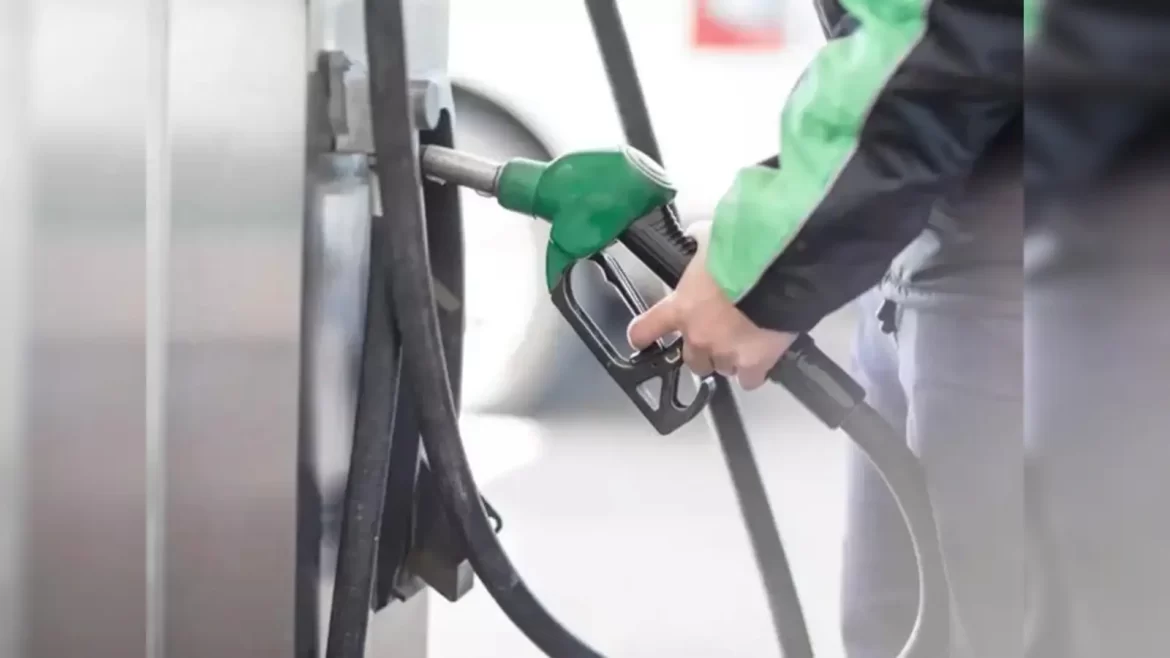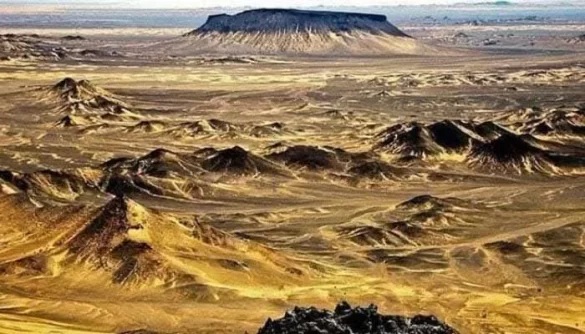Global Oil Prices Push Upward
Islamabad — Pakistan is bracing for another increase in domestic petroleum prices as global oil markets continue to climb. Analysts say the adjustment, expected on August 31, will reflect the rising cost of crude oil worldwide.
Over the past 13 days, the price of Brent crude has risen by $1.60 per barrel, moving from $65.85 to $67.47 per barrel. Similarly, US crude (WTI) recorded an increase of $1.64, pushing its price from $61.98 to $63.62 per barrel.
These seemingly modest increases in the international market have direct implications for fuel-importing countries like Pakistan, where exchange rate pressures and tax adjustments compound the effect.
Local Implications for Pakistan
Pakistan relies heavily on imported oil to meet its domestic energy needs. Any increase in international crude prices typically translates into higher fuel costs at the consumer level.
According to government officials, the Oil and Gas Regulatory Authority (OGRA) will finalize its price adjustment summary on August 31. This report will then be sent to the federal government. Following approval from Prime Minister Shehbaz Sharif, the Ministry of Finance is expected to issue an official notification for the revised rates.
If approved, the price hike could impact the cost of petrol, diesel, kerosene, and light diesel oil, all of which play a crucial role in Pakistan’s transport, agriculture, and industrial sectors.
Impact on Households and Businesses
Fuel price adjustments have far-reaching consequences in Pakistan. Rising petroleum costs directly influence transport fares, agriculture inputs, and electricity generation, much of which depends on oil-based power plants.
For households, even a small rise in petrol prices can increase the cost of food, as transportation expenses for fruits, vegetables, and essential commodities go up. Urban commuters, particularly those relying on motorbikes and small vehicles, feel the pinch immediately.
On the other hand, businesses face higher logistics and operational costs. Experts note that small traders and manufacturers are often the most vulnerable, as they have limited capacity to absorb sudden cost increases.
Government’s Balancing Act
The government faces a difficult balancing act: protecting consumers from rising costs while ensuring fiscal stability. Pakistan’s fuel prices are determined through a combination of international market trends, exchange rates, and government-imposed petroleum levy and sales tax. Recently, the government increased the levy on petrol and diesel, adding further burden to already strained households.
In recent months, the government has adjusted taxes on petroleum products to partially shield consumers. For example, in July 2025, petrol and diesel prices were raised for 15 days, highlighting how frequently these revisions occur.
However, with global prices on an upward trajectory, authorities may find it increasingly difficult to maintain subsidies without straining public finances.
Economists warn that any significant increase could worsen inflation, which is already weighing heavily on households. Pakistan’s annual inflation rate has hovered around 11–12% in recent months, with food and transport categories contributing the most.
Broader Economic Context
The expected rise in petroleum prices comes at a sensitive time for Pakistan’s economy. The country is grappling with a widening current account deficit and has been under pressure from the International Monetary Fund (IMF) to rationalize subsidies.
Fuel imports account for a major share of Pakistan’s import bill. In the last fiscal year, Pakistan spent more than $17 billion on petroleum imports, making global price shifts a key driver of its external trade balance.
If crude prices continue to rise, policymakers will need to weigh short-term relief measures against long-term fiscal discipline.
What Comes Next
OGRA’s pricing summary will provide clarity on the extent of the hike by August 31. Until then, consumers and businesses remain uncertain about how steep the increase will be.
While some experts predict only a marginal rise, others caution that exchange rate volatility could magnify the impact. According to recent projections, petrol prices are expected to increase while diesel may see a sharp drop, adding more uncertainty for consumers.
The government has not indicated whether it will absorb part of the increase through reduced taxes, as it has occasionally done in the past.
For now, all eyes remain on the Ministry of Finance’s upcoming announcement, which will determine the fuel prices that millions of Pakistanis will have to pay in September.















